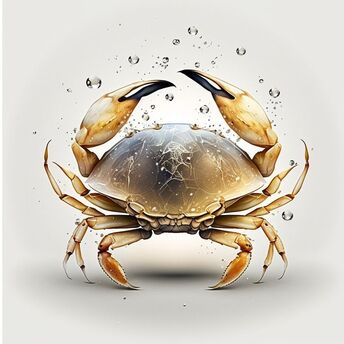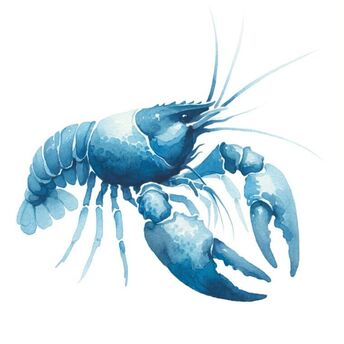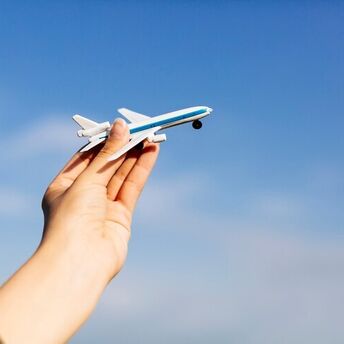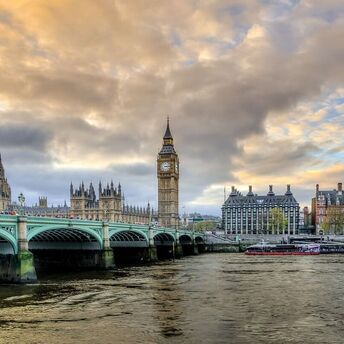How not to get sick on your next cruise: expert advice

When a Norwegian cruise line ship began reporting possible cases of a cholera outbreak earlier this month, the ship and its more than 3,000 passengers were quickly isolated off the coast of Mauritius for a full day.
It was eventually determined that the mysterious illness that had been spreading on the ship and causing vomiting and diarrhea was not cholera, and passengers were finally allowed to disembark after undergoing medical examinations. The illness, which affected 15 passengers and caused concern, was found to be gastroenteritis, also known as stomach flu, Thrillist.com reports.
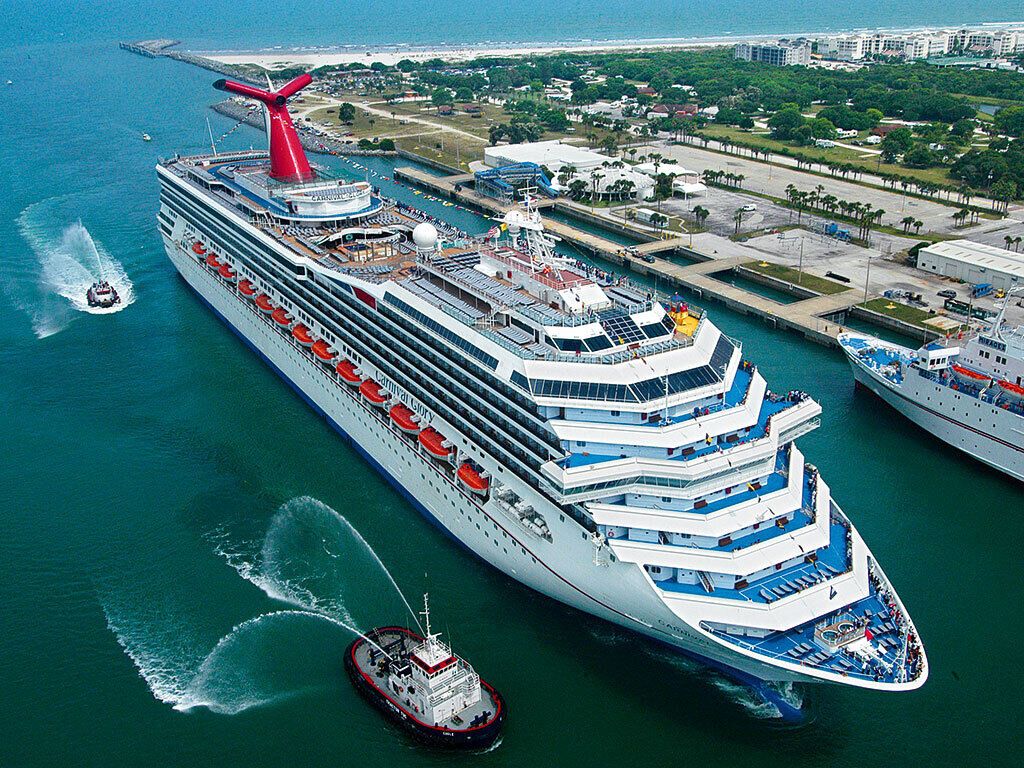
Why are diseases spreading on cruise ships?
Dr. Nahid Bhadelia, founding director of the Center for Emerging Infectious Diseases at Boston University and former senior advisor for the global COVID-19 response to the White House COVID-19 Response Team, says the ease with which the disease spreads on cruise ships is primarily due to their design.
"It's an overcrowded, crowded space where common water and food sources are used, food is prepared, everyone shares, and people are there for long periods of time," Bhadelia explained. "If someone is sick, they are likely to have exposed themselves to the disease, potentially passing it on to others."
The industry operates under strict guidelines set by regulatory agencies such as the Centers for Disease Control and Prevention to counteract potential transmission, including protocols for disinfection and proper handling of food and water sources. But even with these protections in place, all the factors that make a cruise a cruise increase the likelihood of disease transmission.
Although outbreaks are commonly reported on cruise ships, this may be due to stricter regulations. "Public health officials track diseases on cruise ships," a CDC spokesperson told Thrillist. "So, outbreaks are detected and reported faster on a cruise ship than on land."
How to protect yourself from getting sick on a cruise?
Much of the disease prevention is the same whether you're sailing on the high seas or sitting firmly on shore.
"First of all, it's a personal risk assessment," Bhadelia explained. "I think that if you have a weakened immune system, if you might have a more severe illness, if you are infected with an infectious disease, you should discuss this with your doctor before you go on a trip."
Then, once you've done this assessment, you should take the following precautions:
Take care of the environment
"It's always good to know what the cruise line's practices are," Bhadelia said. Knowing the company's approach to sanitation, hygiene, food and water handling can give you a better understanding of risk factors. Are there updated water and air filtration systems on board? When were the waste management systems updated? You can find all this information by researching the ship you will be on.
Make sure you have a source of clean water
Cholera, which is a tropical disease, can be transmitted through water. It's not the only waterborne illness to be wary of - diarrhea and E. coli infections are two other common illnesses that can start from a water source. "Bottled water may be a better choice on ships than potentially potable water from the tap," Bhadelia said.
Maintain good hygiene
By now, everyone should have perfected the art of proper handwashing. If not, now is the time to start, whether you're sailing around the world or walking to your living room. Good hygiene includes washing your hands after using the restroom or blowing your nose, and after touching common surfaces like doorknobs. Bhadelia also advises wiping down common surfaces whenever possible.
Wear a mask, at least in crowded areas
Long before COVID entered our vocabulary, masking to prevent the spread of respiratory infections was a common practice around the world. In the years since the pandemic began, public awareness of the effectiveness of masking to prevent the spread of disease and protect oneself from infection has increased.
As TravelWise previously reported, a travel expert shared tips on how to save money while on vacation.
